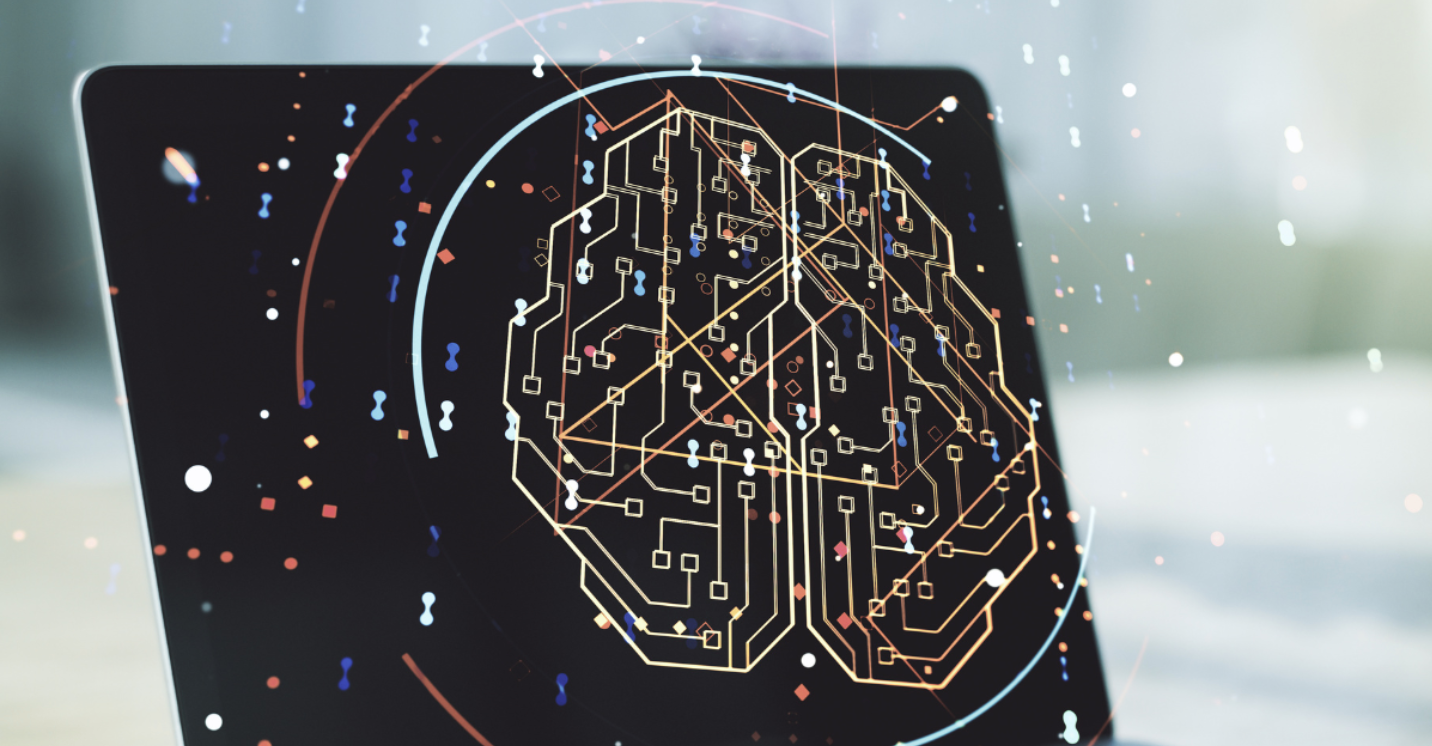2024 is a time of exciting transformation in the field of ML, drawing a horizon full of innovation. According to a Statista report, the ML market is expected to grow at a CAGR of more than 18.7% from 2023 to 2030. Fortune Business Insights estimates that the ML industry will reach nearly $226 billion by 2030. These numbers reflect powerful economic growth and point to the revolutionary changes ML will bring. So, let’s take a look at machine learning predictions for 2024.
6 Machine Learning predictions
MULTIMODAL MACHINE LEARNING
Multimodal ML is a promising trend in AI. It could significantly change the way computers understand and process information. In short, multimodal ML refers to the ability of models to take into account multiple modalities, such as text, image, speech, and IoT sensor data.
One of the key aspects of this technology is developing computer agents with more advanced capabilities. Moving away from the traditional unimodal approach allows for more comprehensive analysis. It also enables more effective decision-making.
Key technologies for multimodality include
- NLP to understand and interpret human language,
- Computer vision technologies for recognizing objects or faces
- Speech processing technologies to improve audio analysis tasks
- Data mining technologies to process and generate the data needed for ml
FEDERATED LEARNING
Among the machine learning trends of 2024, we can highlight federated learning. In the age of AI, data security and privacy have become an issue for many organizations. Federated learning can solve these problems.
This type of ML learning enables training models on multiple devices without sharing any data. Here, the data remains on the devices, and the model is trained locally.
Federated learning has several advantages over traditional machine learning. It reduces the need to store and share large amounts of data, which can pose privacy risks. It also allows training models on different data sources so they can be more accurate.
ETHICAL AND EXPLAINABLE AI
As technology advances, the ethical use of AI and ML is getting special attention. In 2024, this will be one of the central issues. A key goal is to understand how ML algorithms work and to ensure that they comply with ethical principles. Ethical AI is guided by fairness, inclusiveness, and accountability. It’s especially important in critical areas like employee selection and loan allocation. It is and will continue to be a priority to eliminate bias in AI algorithms, strive for fairness and maintain transparency.
On the other hand, explainable AI seeks to make complex algorithms understandable. At the same time, it enhances trust and enables the identification and correction of errors and biases.
AUTONOMOUS ML (AUTOML)
AutoML introduces automation of key steps in model development and implementation. This machine learning trend is becoming a key player, opening up the ML world to people with varying degrees of specialization. With AutoML, even people without deep expertise can benefit from the power of ML algorithms. By functioning as a tool to democratize ML, AutoML makes it more accessible to a wider audience. PS Market Research forecasts the AutoML market to grow rapidly between 2022 and 2030, with a CAGR of 49.2%.
Automation encompasses important steps such as:
- Data preparation
- Feature engineering
- Hyperparameter tuning
- Model implementation
For experienced developers, AutoML becomes a valuable tool. It enables the automation of routine tasks and frees up time for the more strategic aspects of model design.
FOUNDATION MODELS
Foundation models, a type of AI based on deep learning, have gained significant popularity in recent years. Unlike narrow AI models, they are flexible and versatile, capable of performing a variety of tasks. Training on a variety of data allows them to seamlessly transfer knowledge between different tasks.
The adoption of foundation models brings numerous benefits to businesses. They make AI projects more manageable and scalable, adapting to specific business needs. The pace of their adoption is expected to accelerate in 2024 as companies rely more and more on technology to analyze data.
DEMOCRATIZATION OF AI
Democratization of AI is gathering pace. With platforms that require no code and AutoML, even people without programming experience can create AI models. Therefore, technology will become more accessible, user-friendly, and cost-effective. This mainly helps solve ethical problems. Yet it comes with some challenges, such as the complexity of AI technology and the costs associated with its implementation. This can be a barrier for small businesses and individuals.
However, some tools support the democratization process. These are cloud platforms, open-source tools, and AI education. In 2024, AI is expected to become more accessible and affordable, which will affect its widespread adoption.
Conclusion
Summarizing machine learning trends, we see that the industry is experiencing a thrilling transformation. Key predictions include
- Development of multimodal ML
- Innovative federated learning approaches
- Ethical and explainable artificial intelligence
- AutoML
- Foundation models
- Democratization of AI
These trends reflect the dynamic development of technology, opening new perspectives for the future of AI. If you want to know more about how ML can help your company grow, get in touch with a machine learning agency.
You may also read: Hire The Best Crypto Recovery Service in Asia

